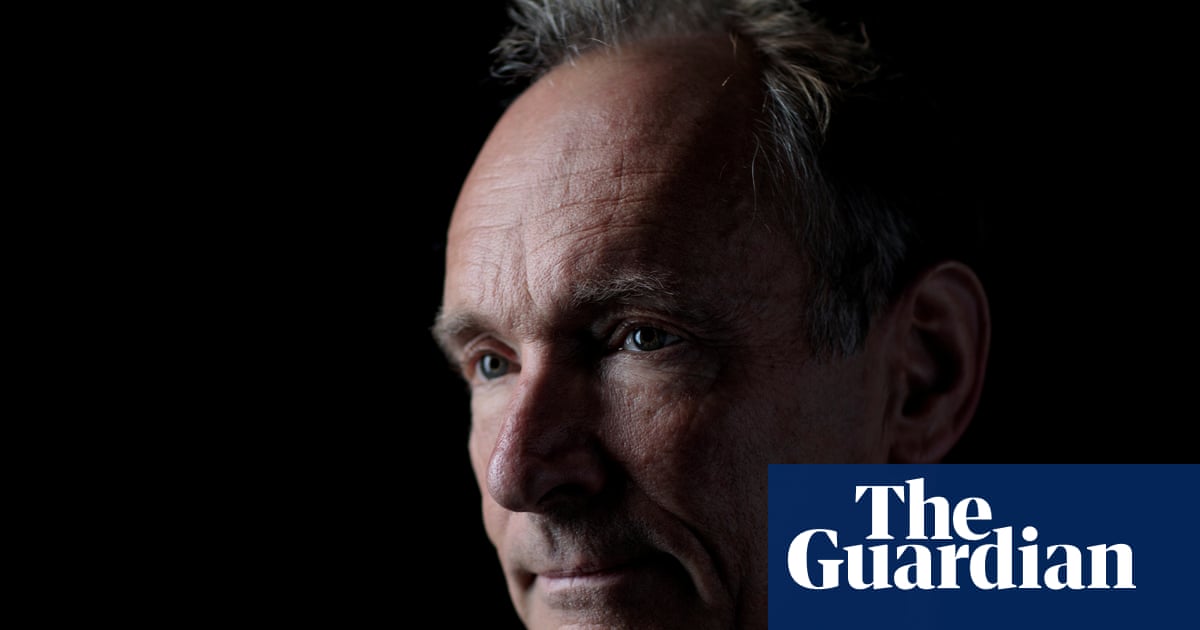
Every year, during the renowned Global Fashion Summit in Copenhagen, the husband-and-wife team behind Ganni, Ditte and Nicolaj Reffstrup, host an intimate dinner at their home in Østerbro. This tradition brings together industry leaders to discuss the future of fashion. Among the guests at a recent gathering were Leila and Neeka Mashouf, the visionary founders of Rubi Laboratory, who are pioneering a groundbreaking technology that transforms carbon emissions into textiles.
The announcement comes as the fashion industry grapples with its significant carbon footprint, contributing between two and eight percent of global greenhouse gas emissions. Rubi Laboratory’s innovative process captures carbon emissions and converts them into cellulose, a key component in fabric manufacturing. This technology not only promises to reduce pollution but also offers a sustainable alternative to traditional textile production methods.
Revolutionizing Fashion with Carbon Capture
The Mashouf twins, both 29 years old, have already made a significant impact since launching Rubi Laboratory four years ago. Their company has raised $18.6 million across five funding rounds, attracting investors like Patagonia’s Tin Shed Ventures and H&M Group. The technology they developed mimics photosynthesis, using enzymes to transform carbon dioxide into cellulose, which can then be spun into yarns for clothing.
“I was always inspired by this core passion: how can we unlock CO2 as a new natural resource for making the essential materials we use every day, but in a planet-positive way,” says Neeka Mashouf. This innovative approach has the potential to revolutionize the fashion industry by reducing its reliance on deforestation and harmful chemical processes.
From Concept to Reality
Growing up in Northern California, surrounded by natural beauty, the Mashouf sisters developed a deep appreciation for the environment. Their academic pursuits led them to excel in science, with Neeka publishing her first research paper on artificial photosynthesis at just 15. The sisters’ combined expertise in engineering, business, and neuroscience laid the foundation for Rubi Laboratory’s cutting-edge technology.
While still in development, Rubi’s technology has already garnered interest from major fashion brands. Collaborations with Reformation, H&M, Patagonia, and Ganni signal a promising future for carbon-neutral fashion. Nicolaj Reffstrup, a key investor, emphasizes the importance of such “moonshot” projects in achieving climate goals.
Implications for the Fashion Industry
The potential impact of Rubi’s technology extends beyond reducing carbon emissions. By eliminating the need to harvest trees for cellulose, it addresses another environmental issue: deforestation. Each year, approximately 300 million trees are cut down for textile production, often from endangered forests. Rubi’s process not only conserves these vital ecosystems but also reduces the chemical waste associated with traditional methods.
According to Nicolaj Reffstrup, “You need the moonshots like Rubi, which deliver a promise or a glimpse of hope — in the sense that, through them, you can see a world where you wear products that are actually climate neutral or even climate positive.”
Challenges and Future Prospects
Despite the excitement surrounding Rubi’s technology, challenges remain in scaling production to meet commercial demands. The transition from a scientific breakthrough to a viable business model requires overcoming significant hurdles. “You’re literally trying to build two companies: a science company and a commercial enterprise,” explains Reffstrup.
Nevertheless, the optimism surrounding Rubi Laboratory is palpable. By harnessing a natural process akin to how trees grow, the company is poised to make a substantial impact on the fashion industry’s sustainability efforts. As the Mashouf sisters continue to refine their technology, the potential for a greener future in fashion becomes increasingly attainable.
With the support of industry leaders and continued innovation, Rubi Laboratory stands at the forefront of a movement that could redefine how clothing is made, offering a sustainable solution to one of the world’s most polluting industries.






